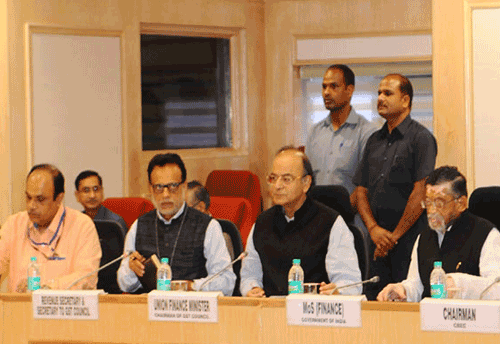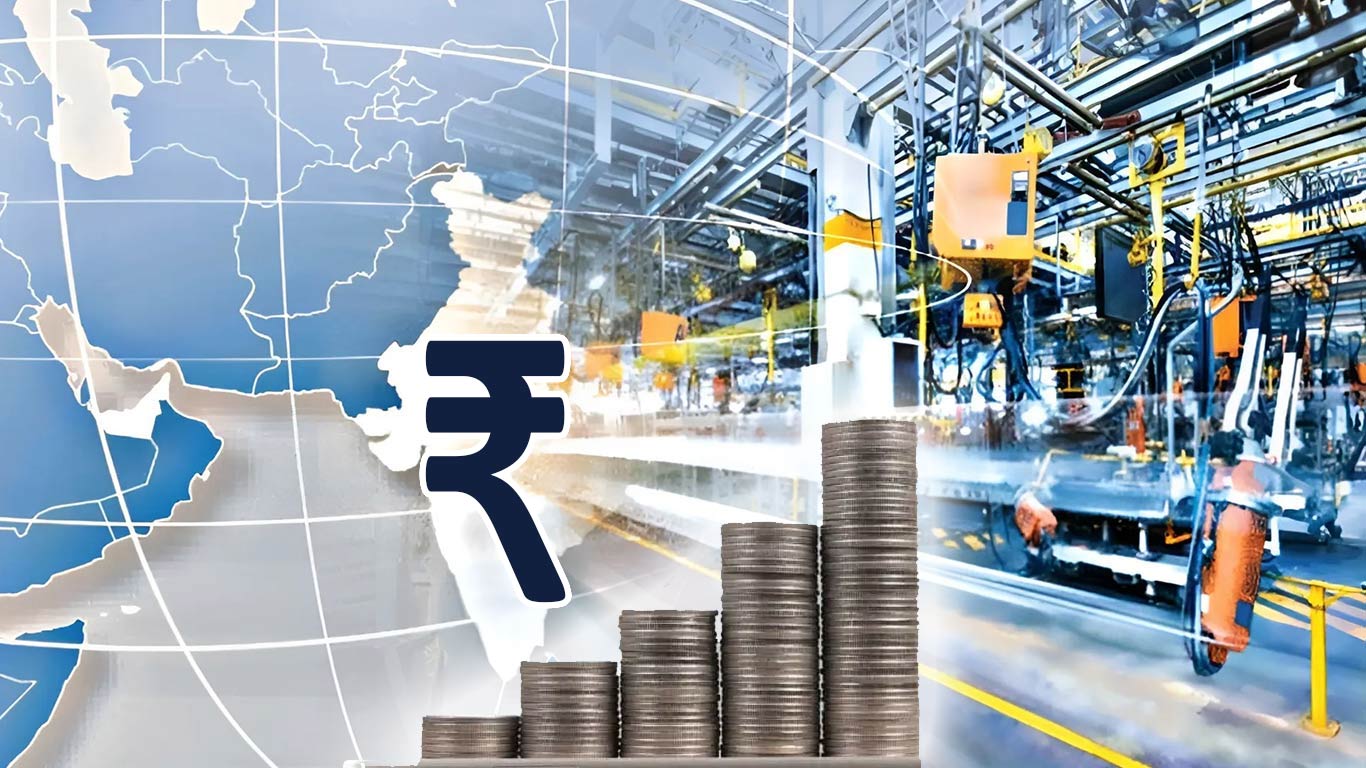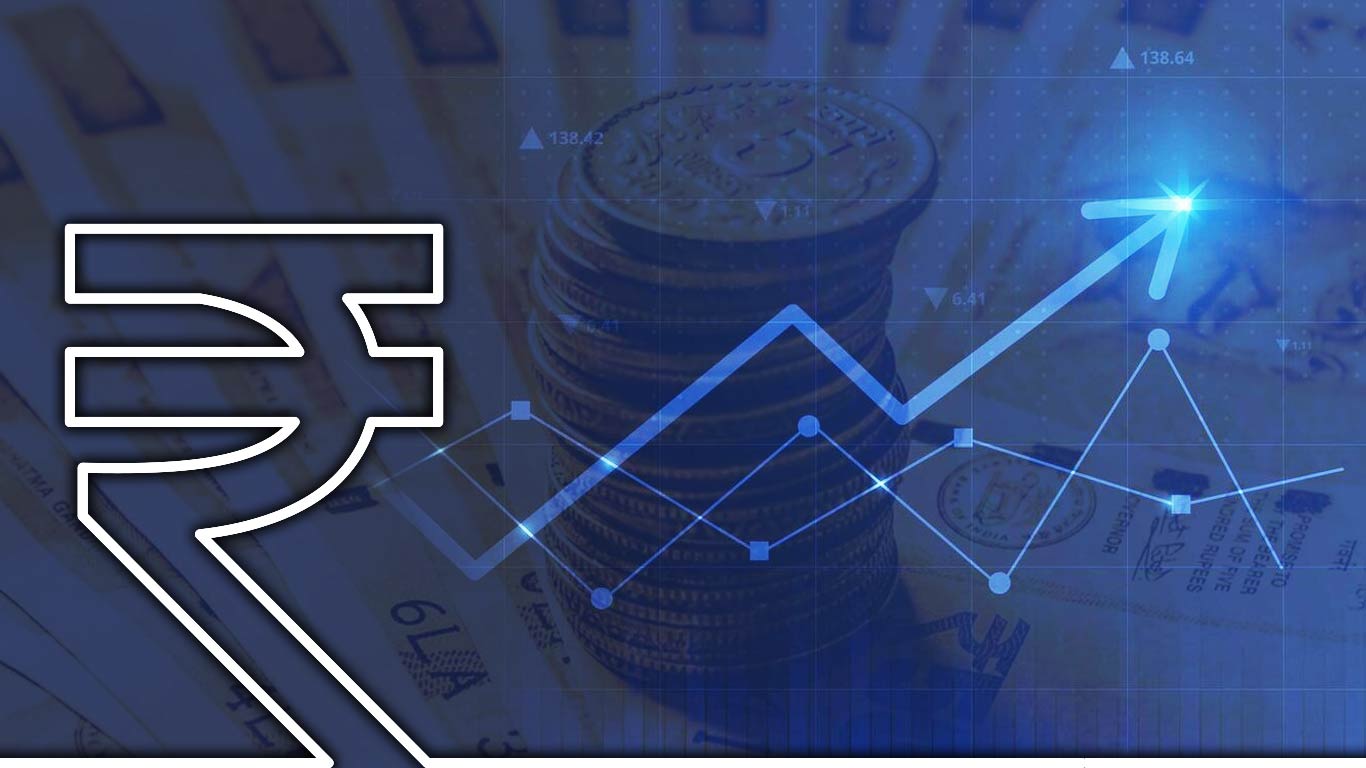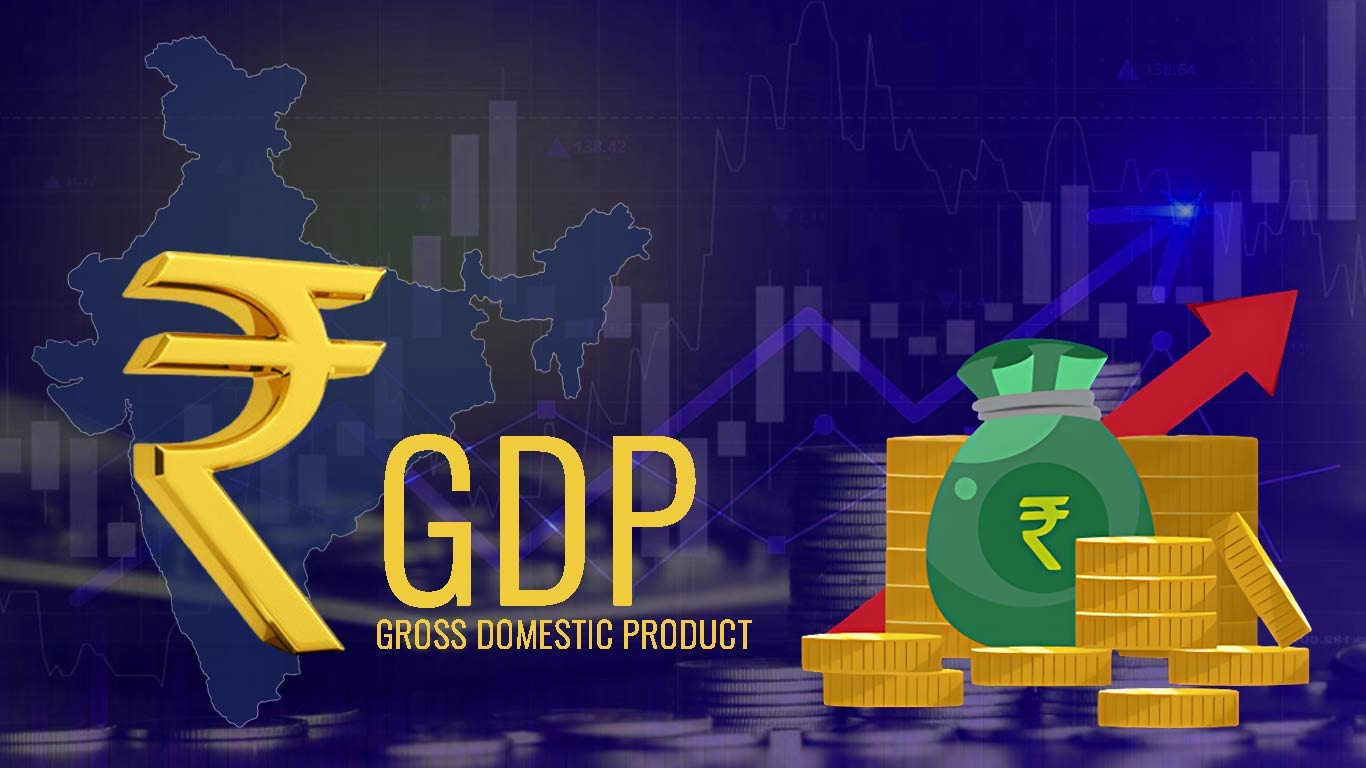13th GST Council Meeting: Key Takeaways and Way Ahead
Updated: Apr 01, 2017 10:31:09am

13th GST Council Meeting: Key Takeaways and Way Ahead
New Delhi, Apr 1 (KNN) The Goods & Services Tax (GST) Council, in its 13th meet, gave nod to another four sets of draft rules dealing with GST Input Tax Credit, Valuation, Transitional Provisions and the Composition Scheme.
The 13th GST Council Meet chaired by Union Finance Minister Arun Jaitley concluded on March 31 paving way for implementation of GST from the expected date of July 1, 2017.
During the meet, it was decided to partly amend the five set of Draft Rules originally approved in consonance with the GST legislations.
Earlier, the GST Council finalized five sets of Draft Rules relating to Registration, Refunds, Returns, Payment and Invoice, Debit Note & Credit Note.
In this regard, Jaitley said that “the five set of draft rules that were originally approved have to be partly amended and altered to bring them in conformity with the provision of the Act”.
The GST Council also gave nod to another four sets of Draft Rules dealing with GST Input Tax Credit, Valuation, Transitional Provisions and the Composition scheme.
He said that the four new Draft Rules have been tentatively approved and will be put up in public domain for suggestions. These will be finalised in the GST Council’s next meeting.
The all powerful GST Council will decide on the rate structure in the next meeting.
The Finance Minister said that “The next meeting will be held on 18-19 May in Srinagar where besides these rules which will be given final approval, the rate structure in relation to individual commodities will be taken up for consideration. In the meanwhile, the officers’ committee will start working on the fitment of those rates”.
The final approval to the new 4 sets of Draft Rules as well as fixation of GST rates for goods and services will be done in the next meeting of the GST Council scheduled on 18-19 May, 2017.
On Wednesday, the Lok Sabha passed four crucial legislations to introduce a country-wide goods and services tax (GST) bringing India closer to a one unified market.
The Lok Sabha passed the Central GST Bill, 2017 (The CGST Bill), Integrated GST Bill, 2017 (The IGST Bill), Union Territory GST Bill, 2017 (The UTGST Bill) and the GST (Compensation to the States) Bill 2017. (KNN Bureau)











